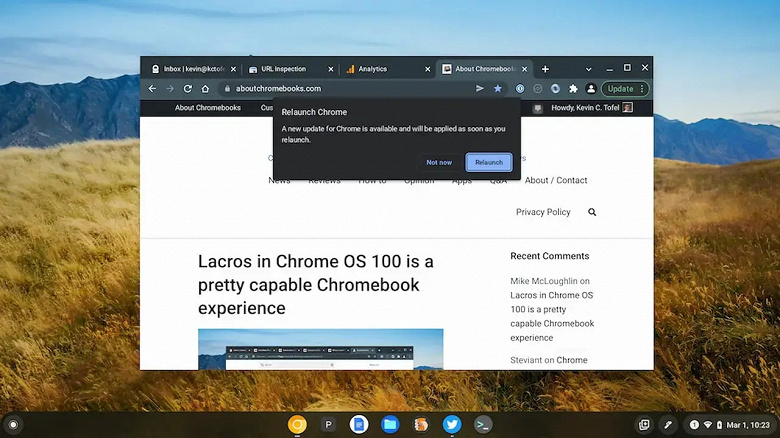Chromium browsers have reduced the intensity of “garbage” queries to root DNS
The Chromium project, which is sponsored by Google, has tidied up its activities, and as a result, the number of requests to the DNS root servers has significantly decreased. In August 2020, it turned out that browsers based on the Chromium engine create a huge traffic flow to them – about 60 billion requests per day, which could have been dispensed with. At the same time, at the peak, the number of requests reached 143 billion per day.

The reason for this was the mechanism for determining what is entered into the address bar as you type: an address or a search query. And now it became known that the developers have changed the code to reduce the number of requests. This was announced by APNIC, the regional domain name registrar for the Asia-Pacific region.
The fix reduced the peak value from 143 billion to 84 billion requests per day, a difference of over 41%. In the future, it is planned to further reduce the number of requests, which will reduce overhead costs and the likelihood of unnecessary load on the DNS root servers.







